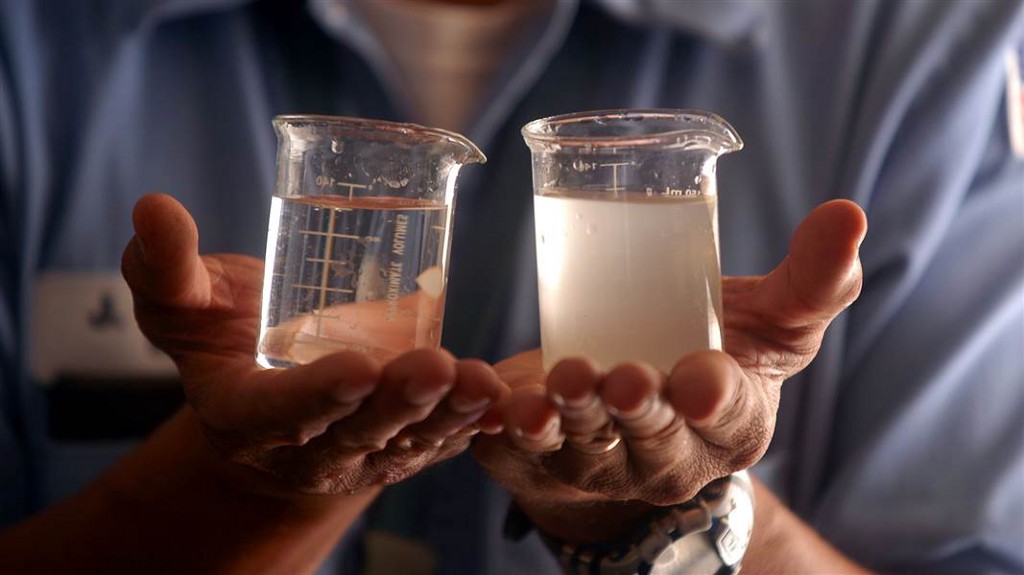With high capital costs and long product-development cycles, early-stage climate solutions have had a hard time securing funding from venture capitalists.
The PRIME Coalition, a non-profit cleantech intermediary, lines up deals for philanthropic partners who can deploy flexible grants and program-related investments. Such flexible capital can de-risk early stage technologies, and help startups get ready to take on more traditional institutional investors. PRIME is looking to secure $20 million to $40 million by the end of next year.
PRIME’s sixth investment is its first in water technology. Two billion people depend on drinking water sources that are contaminated. By 2025, half the world’s population will live in water-stressed areas.
Water tech
Anfiro, a Cambridge, Mass. startup, has created an energy efficient, low-cost method of purifying and desalinating water. Anfiro’s water desalination tech “was interesting because it’s not an expensive process and it’s commercially practical to fabricate,” PRIME’s Matthew Nordan told ImpactAlpha.
PRIME’s syndicate of donor-advised funds, foundations, and family offices led the water startup’s $1.1 million seed financing.
Can this philanthropic investment model help close climate innovation’s “valley of death”?
Anfiro’s water desalination tech uses “nano-membranes” that are built to the size and shape of pure water molecules, uses less energy and can filter water up to 10 times faster than reverse osmosis — the current standard for water purification and desalination. Reverse osmosis is expensive because it is energy intensive.
PRIME vetted 2,189 climate tech startups last year, narrowing them down to a cohort of six to submit to its philanthropic partners for investment. (Three have been announced so far, including Anfiro.)
Norden says he was struck by Anfiro’s innovation in a sector that doesn’t see a lot of new technology development, in spite of the need. “The sector is highly conservative, so there is not a lot of successful tech,” he says, adding that most of the new technology he sees are focused on making “better” reverse osmosis membranes.
To back Anfiro, PRIME worked with the Ellis Family Fund at The Boston Foundation, the Casey & Family Foundation, Incite Labs, Saunders Hotel Group, Autodesk Foundation, the Will & Jada Smith Family Foundation, Blue Haven Initiative, and two anonymous individuals. Anfiro also received investment from the Massachusetts Clean Energy Center and the Foundry Fund at Purdue University. The startup’s technology is licensed from Purdue University and the University of Notre Dame.
PRIME is now moving towards a fund model to accelerate the investment process. “It’s less of an actual [fund] raise than formalizing existing partnerships,” Nordan says. PRIME is looking to secure $20 million to $40 million by the end of next year. The U.S. Department of Energy issued PRIME a grant to cover the fund’s setup costs.
Climate investors look beyond renewables as Bonn gets down to business
De-risking
Climate solutions already represent a $1 trillion market globally. But that could be scaled up six-fold with smart policy solutions and blended finance mechanisms that level the playing field for climate-smart investments. As world leaders gather for the COP23 climate talks in Bonn, Germany, models and mechanisms for mobilizing private capital for climate solutions are high on the agenda.
That trillion dollars could be scaled up six-fold with smart policy solutions and blended finance mechanisms that level the playing field for low-carbon investments, according to the International Finance Corp.











